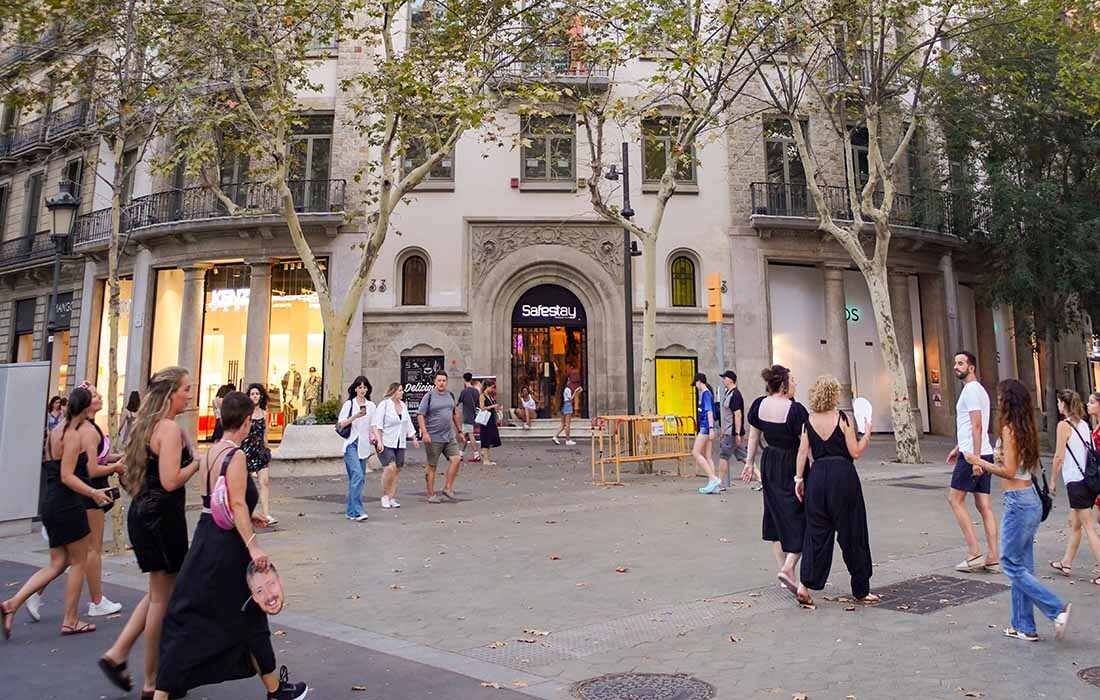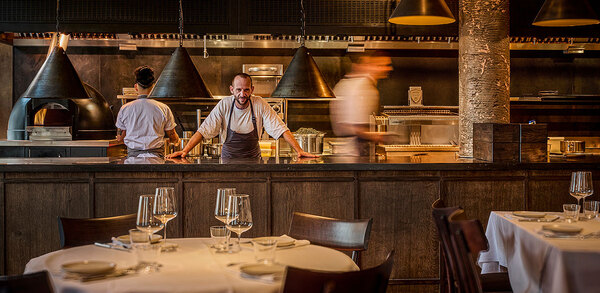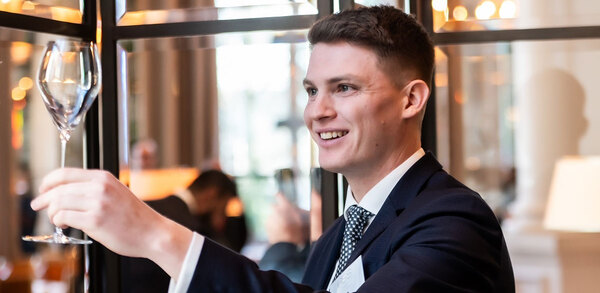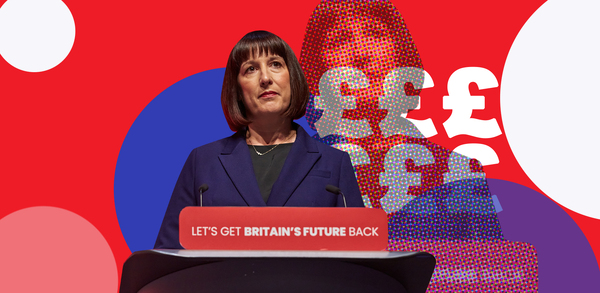Brits abroad: Craig Cochrane
Craig Cochrane is the senior vice-president of human resources at Mövenpick Hotels & Resorts in Dubai. He talks to Katherine Price about having a Sheffield accent in the Middle East and always finding a way to communicate
How did you end up working abroad?
When I was 11, my dad got a job in Saudi Arabia in Riyadh, so the family moved there. I went to boarding school for two years and did my GCSEs in the British school in Bahrain, and came back to England after that. I studied hotel and tourism management in Sheffield, during which time my parents moved to Dubai, and when I graduated, they said come for a holiday.
I was working for the Novotel Sheffield hotel, but when I saw the amazing hotels in Dubai, I buckled. I sent out my CV, and luckily, Jumeirah Group offered me a management traineeship.
Even though you'd lived in the Middle East, was there anything you had to adapt to?
What is it like working in HR?
My role is international, so Dubai is incidental; I was doing exactly the same job from Zurich. Itâs a lot less of a legal job in the Middle East because the framework you have in the UK is not there. Thereâs a labour law, but itâs more like
a framework of human rights. It doesnât give you enough substance to run a company from, so you get a lot of leeway to decide what type of guidelines and procedures you want to put in place.
Iâm happy to say the two companies Iâve worked for are really good employers and we always put in place much more protection and care than the legal framework requires.
What do you particularly like about working in Dubai?
Everyoneâs very optimistic and everything is possible. It just makes working that much more fun because thereâs one obstacle you donât need to get over, which is a negative attitude.
I also like the diversity. You work with people from all over the world and everybody brings something. That enriches you and it makes everybody better.
Are there any challenges?
Itâs still an emerging market, so some of the third-party services that you require are not to the standard that you want in the local market. Itâs fine because you can source them from other areas. It just means that you are constantly working across time zones and different days of the week. Our weekend is Friday to Saturday, so you lose a day on both sides from working with your partners.
Would it be easy for British hospitality workers to find a job in Dubai?
Yes. Britainâs got a great reputation for education â" and rightly so. We also have a great reputation for being adaptable and being able to work in different environments, and we have the natural advantage that our mother tongue is widely spoken around the world. So there are a lot of opportunities across
a wide range of positions.
The only thing I would say is perhaps a barrier is that for jobs at an operational level, particularly frontline positions, maybe the packages are not so attractive to people to come over. But from middle management upwards, they would be.
How has working abroad enhanced your career?
The world is small and getting smaller with globalisation, and it makes you a more capable person to do what you do across cultures and across countries. I feel comfortable dealing with people who donât speak English. Thereâs always a way of communicating. Itâs a skill and itâs something that you have to work on â" and being an expat has given that to me.
CV
- 2015-present Senior vice-president human resources, Mövenpick Hotels & Resorts, Dubai
- 2012-2015 Senior vice-president human resources, Mövenpick Hotels & Resorts, Zurich, Switzerland
- 2007-2012 Vice-president human resources, Mövenpick Hotels & Resorts â" Middle East & Asia, Dubai
- 2000-2007 Director of human resources, Jumeirah Group, Dubai
- 1996-1999 Bartender and waiter, Novotel Sheffield, UK




















